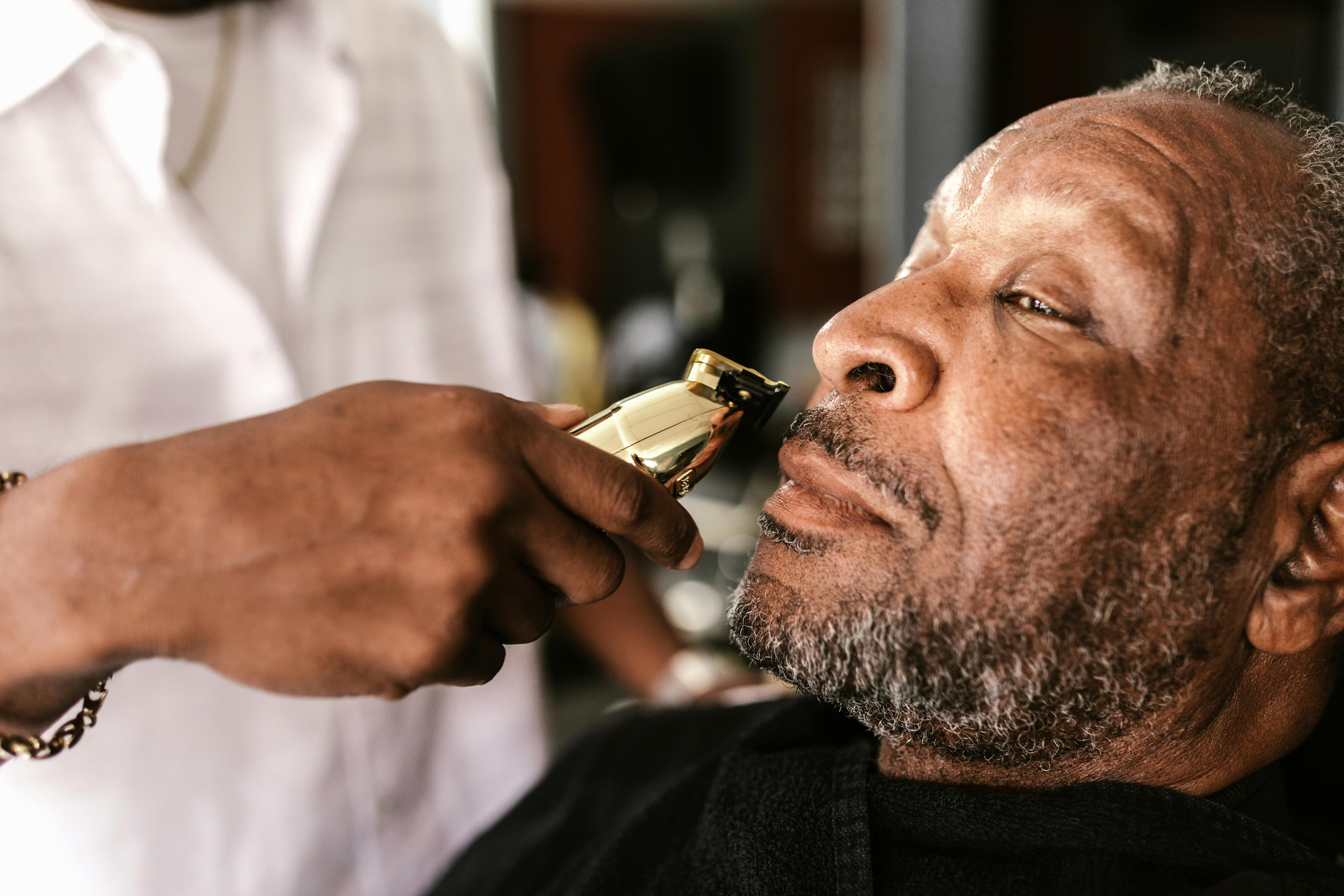
Start Your Journey to Become a Successful Massage Therapist in 2025
Understanding the Basics of Massage Therapy
What is Massage Therapy?
Massage therapy involves the manipulation of muscle and connective tissue to enhance a person’s health and well-being. It not only helps in alleviating pain and stress but also promotes relaxation, boosts immunity, and enhances overall wellness. As the awareness of the benefits of massage therapy grows, so too does the demand for skilled massage therapists who can work with diverse clientele.
Benefits of a Career in Massage Therapy
A career as a massage therapist offers numerous benefits. The field allows for flexible working hours, which is particularly appealing for individuals wanting work-life balance. Additionally, massage therapy is recognized for its positive impact on mental health, ranking it among the most fulfilling professions. As people increasingly prioritize their health, the job outlook for massage therapists remains strong, making now an ideal time to enter this rewarding field.
Overview of Massage Therapy Schools
Choosing the right massage therapy school is a crucial step on your path to success. Quality massage therapy schools provide aspiring therapists with a robust education in anatomy, massage techniques, and client care skills. Look for institutions that are accredited and offer hands-on practice, as real-world experience is vital in this field. Programs often include both theoretical knowledge and practical applications that prepare you for the challenges of the profession.

Key Skills for Massage Therapists
Essential Skills Required for Success
To excel in the massage therapy profession, you will need to develop a range of skills, including technical proficiency in various massage techniques and a solid understanding of anatomy for massage therapy. Additionally, strong communication skills in massage are crucial for effectively understanding client needs and preferences, ensuring a personalized therapy experience.
Understanding Client Needs
Client assessment skills are fundamental to your practice. Being able to evaluate a client's condition through observation and questioning directly influences the effectiveness of your services. It includes recognizing their comfort levels, any preexisting conditions, and personal preferences regarding pressure or technique. This understanding fosters trust and satisfaction, leading to client retention and referrals.
Professional Development and Continuing Education
The field of massage therapy is ever-evolving, and continuing education for massage therapists is essential for staying updated on the latest techniques and industry standards. Attending workshops, enrolling in online massage therapy courses, and participating in internships or volunteer opportunities can enhance your skills and broaden your knowledge, thereby improving your practice and client outcomes.
Training and Certification Processes
Massage Therapist Training Programs
Engaging in comprehensive massage therapist training is vital as it covers various aspects, from foundational techniques to advanced practices like sports massage techniques and deep tissue massage training. Seek programs that emphasize hands-on practice, as this will build your confidence and technical accuracy when working with clients.
Obtaining Massage Therapy Certification
Completion of a massage therapy program shouldn't conclude your educational journey. Obtaining massage therapy certification is crucial to practice legally and professionally. Certification often requires passing a standardized exam and may vary by state. Familiarize yourself with state licensing requirements to ensure compliance and secure your credibility as a professional.

Understanding Regulatory Requirements
State licensing for massage therapists is a non-negotiable aspect of becoming a professional. Every state has specific regulations and requirements, including the number of training hours and the passing of licensure exams. Understanding these can facilitate a smoother transition into your career and help avoid legal complications.
Setting Up Your Massage Therapy Practice
Creating a Safe Environment for Clients
Health and safety for massage therapists is paramount. Establishing a clean and safe environment not only complies with regulations but also enhances client comfort and trust. Your space should be equipped with the necessary tools and adhere to hygiene standards to create a welcoming atmosphere.
Marketing for Your Massage Therapy Business
Effective marketing strategies for massage therapists can significantly influence your success. Consider using social media platforms to promote your services, engage with potential clients, and share client testimonials. Understanding your massage markets and client demographics can further refine your marketing approach, helping you build a loyal client base.
Client Retention Strategies
Building a client base requires not only effective marketing but also client relationship management skills. Engage your clients through consistent follow-ups, personalized service, and ongoing education about the benefits of massage therapy in wellness. Implementing client feedback in your practice can also enhance client satisfaction and foster long-term relationships.
Final Insights for Aspiring Massage Therapists
Essential Dos and Don’ts for Student Massage Therapists
A successful transition into a massage therapy role involves adhering to professional ethics in therapy and maintaining client confidentiality. Always respect boundaries and focus on developing a strong therapeutic relationship with clients. This builds trust, which is fundamental for repeat business and referrals.
Networking and Professional Organizations
Networking for massage therapists opens doors to mentorship opportunities and collaborations. Joining professional organizations for massage can provide vital resources such as workshops, conferences, and professional development programs that enhance your knowledge and visibility in the community.
Preparing for Your Massage Therapy Career
In summary, embarking on a career as a massage therapist in 2025 involves a combination of comprehensive training, certification, and effective business practices. Continuously advancing your skills, understanding client needs, and maintaining industry knowledge will prepare you for success in a rewarding field that promotes holistic health and well-being.
Frequently Asked Questions
What are the main educational requirements for becoming a massage therapist?
Most states require completion of a massage therapy program from an accredited institution, typically comprising 500-1000 hours of training, including practical and theoretical education.
How long does it take to complete massage therapy training?
Training duration varies by program, but it generally ranges from 6 months to 2 years depending on whether you’re in full-time or part-time enrollment.
What is the average salary for a massage therapist?
The average salary for massage therapists can vary widely based on location, experience, and clientele. However, the national average is approximately $45,000 per year, with the potential for more in private practice scenarios.
Are there specialties within massage therapy I can pursue?
Yes, there are numerous specializations available such as sports massage, prenatal massage, and therapeutic massage, depending on your interests and clientele needs.
What's the importance of networking in massage therapy?
Networking can lead to potential job opportunities, client referrals, support systems, and professional development through workshops and mentorships.